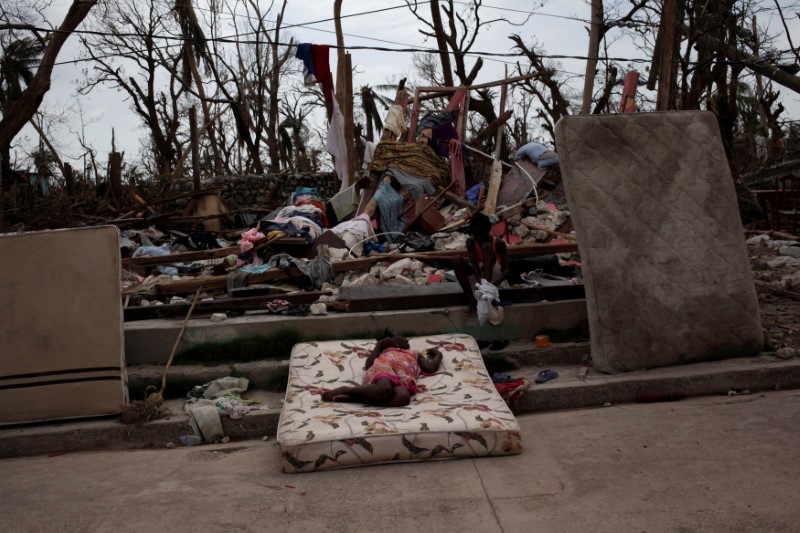
(Reuters) – A Reuters investigation into the killing of Rohingya Muslims in Myanmar prompted a demand from Washington for a credible probe into the bloodshed there and calls for the release of two journalists who were arrested while working on the report.
The special report, published overnight, lays out events leading up to the killing of 10 Rohingya men from Inn Din village in Rakhine state who were buried in a mass grave after being hacked to death or shot by Buddhist neighbors and soldiers.
“As with other, previous reports of mass graves, this report highlights the ongoing and urgent need for Burmese authorities to cooperate with an independent, credible investigation into allegations of atrocities in northern Rakhine,” U.S. State Department spokeswoman Heather Nauert said.
“Such an investigation would help provide a more comprehensive picture of what happened, clarify the identities of the victims, identify those responsible for human rights abuses and violations, and advance efforts for justice and accountability,” she said.
The Reuters report drew on interviews with Buddhists who confessed to torching Rohingya homes, burying bodies and killing Muslims in what they said was a frenzy of violence triggered when Rohingya insurgents attacked security posts last August.
The account marked the first time soldiers and paramilitary police have been implicated by testimony from security personnel in arson and killings in the north of Rakhine state that the United Nations has said may amount to genocide.
In the story, Myanmar said its “clearance operation” is a legitimate response to attacks by insurgents.
Asked about the evidence Reuters had uncovered about the massacre, Myanmar government spokesman Zaw Htay said on Thursday, before publication of the report: “We are not denying the allegations about violations of human rights. And we are not giving blanket denials.”
If there was “strong and reliable primary evidence” of abuses, the government would investigate, he said.
There was no comment from the government following the publication of the report.
“A TURNING POINT”
Nearly 690,000 Rohingya have fled their villages and crossed the border of western Myanmar into Bangladesh since August.
British Labour Party lawmaker Rosena Allin-Khan told BBC’s Newsnight that the Reuters report was consistent with accounts she had heard while working as a doctor at Rohingya refugee camps in Bangladesh last year.
“We’ve been bystanders to a genocide,” she said. “This evidence marks a turning point because, for the first time since this all started to unfold in August, we have heard from the perpetrators themselves.”
She said that, as well as an international probe, there needed to be a referral to the International Criminal Court.
Human Rights Watch said Myanmar’s military leaders should be held accountable in an international court for alleged crimes against the Rohingya population.
“As more evidence comes out about the pre-planning and intent of the Myanmar armed forces to wipe out Rohingya villages and their inhabitants, the international community … needs to focus on how to hold the country’s military leaders accountable,” said HRW’s deputy Asia director Phil Robertson.
Campaign group Fortify Rights also called for an independent investigation.
“The international community needs to stop stalling and do what’s necessary to hold accountable those who are responsible before evidence is tainted or lost, memories fade, and more people suffer,” said the group’s chief executive Matthew Smith.
United Nations’ Special Rapporteur on freedom of opinion and expression, David Kaye, said in a tweet: “During the reporting of this article, two Reuters journalists were arrested by Myanmar police. They remain held & must absolutely be released.”
Yanghee Lee, the U.N. human rights investigator for Myanmar who has been barred from visiting the Rohingya areas, echoed that call and added in a tweet: “Independent & credible investigation needed to get to the bottom of the Inn Din massacre.”
Police arrested two Reuters reporters, Wa Lone and Kyaw Soe Oo, on Dec. 12 for allegedly obtaining confidential documents relating to Rakhine and have accused them of violating Myanmar’s Official Secrets Act. They are in prison while a court decides if they should be charged under the colonial-era act.
(Writing by John Chalmers; Editing by Raju Gopalakrishnan and Alex Richardson)

